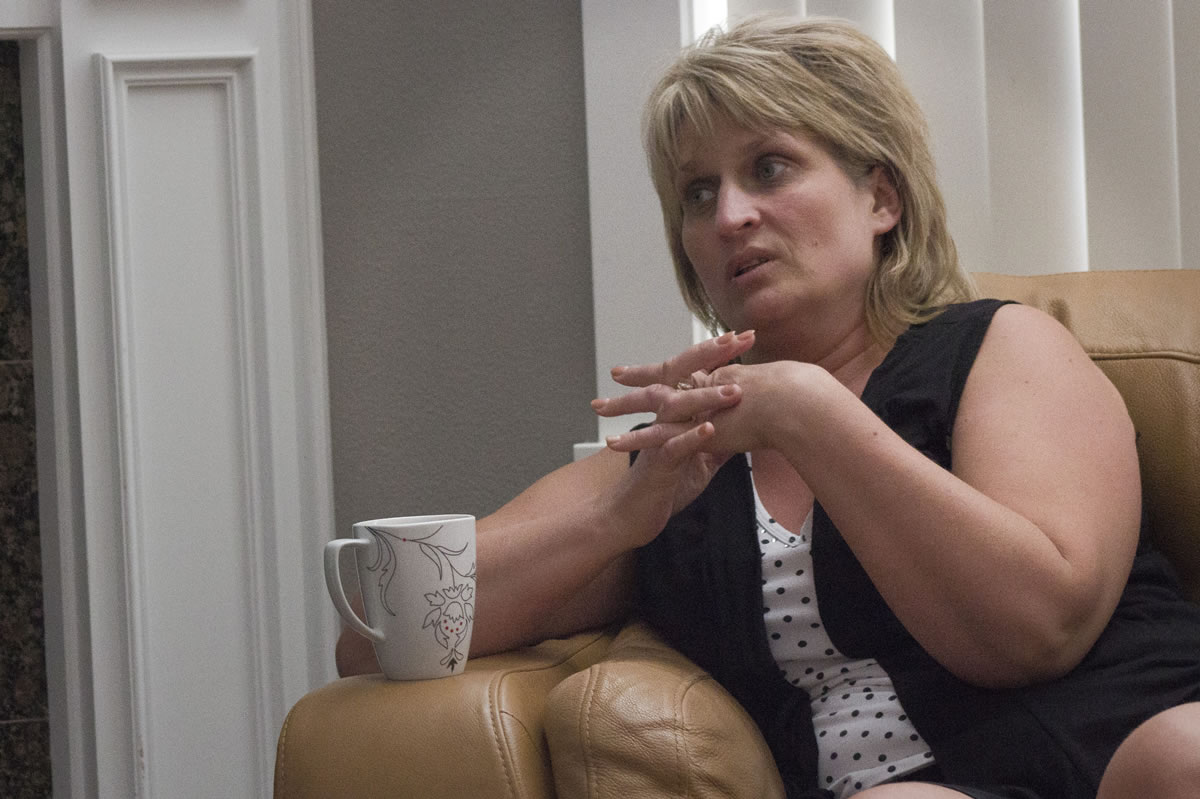Stores:
Svitoch (grocery store), 4804 N.E. Thurston Way, 360-896-6693.
Kolos Euro Foods (grocery store), 212 N.E. 164th Ave., No. 13, 360-896-0081.
Anoush-Deli & International Food Market (grocery store), 6808 N.E. Fourth Plain Rd., 360-693-4359.
Premier Euro Market (grocery store), 11216 N.E. Fourth Plain Rd., 360-885-9384.
Leyla’s Bakery (bakery), 6300 N.E. 117th Ave., 503-764-7121.
Publications:Afisha (Portland-area magazine), http://afishapdx.com.
Kanon magazine (Seattle-area magazine), http://kanonseattle.com/.
n Russian Business Magazine (Portland-area free publication), https://www.facebook.com/RussianBusinessMagazine.
Radio:
Radio:
“Russian Hour,” with Galina Burley on 1010 AM, Russian Radio 7, 4 p.m. Sundays, http://russianradio7.com/.
Links:
AM-RU International Association (based in Vancouver): http://am-ru.org/.



